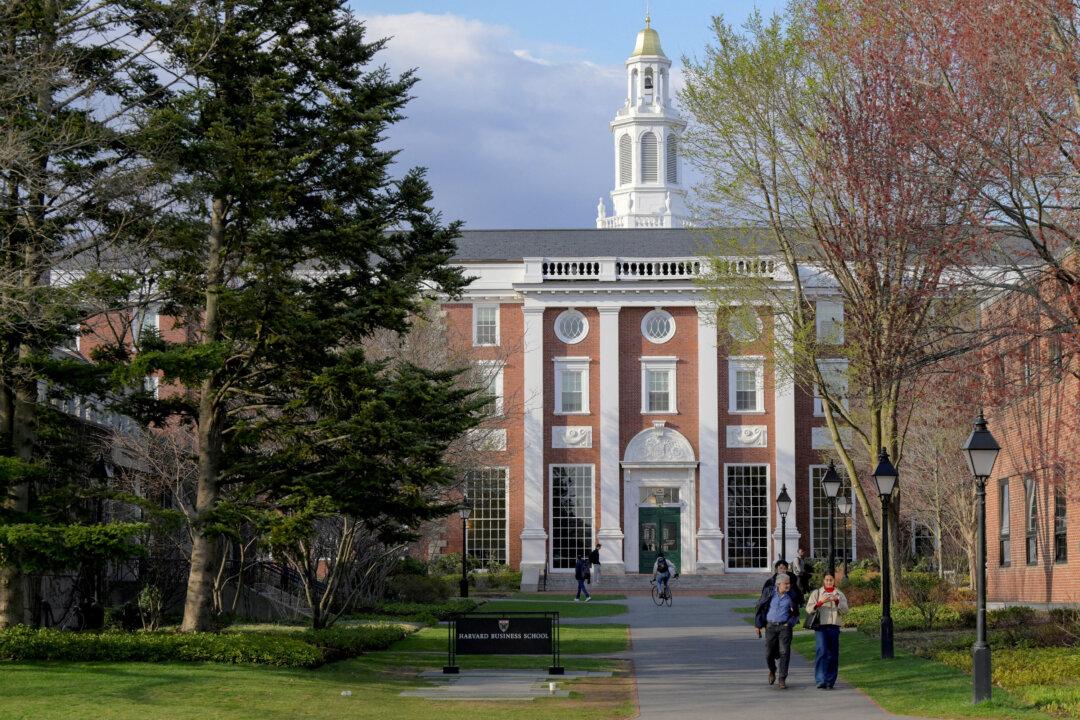Harvard University will no longer be eligible for government grants, a senior White House official said on May 5—a development that could have devastating consequences for the United States’ oldest university.
Education Secretary Linda McMahon will send a letter to Harvard President Alan Garber on Monday night to inform the university that it is not eligible for federal grants until it makes significant changes to its management, the official said.





